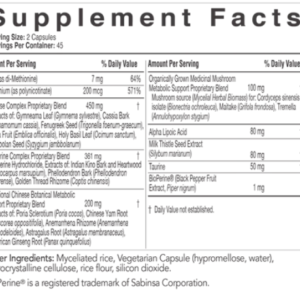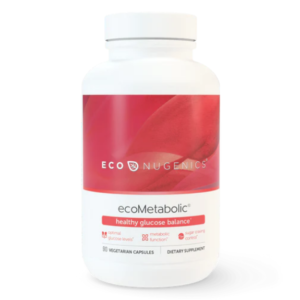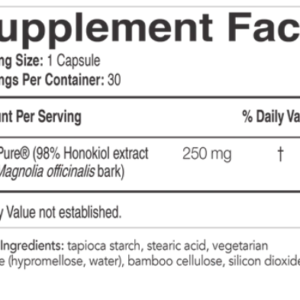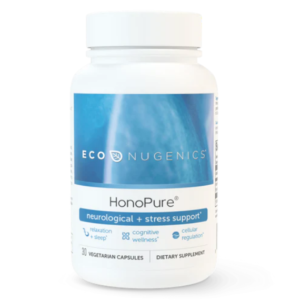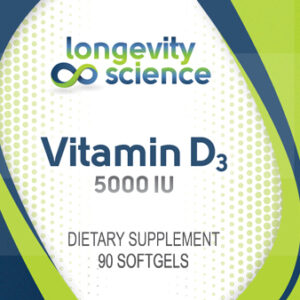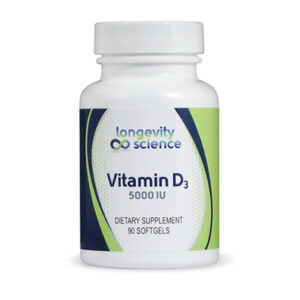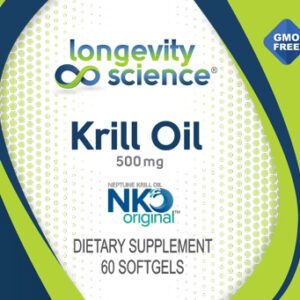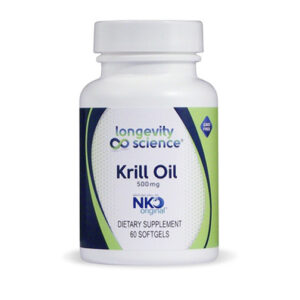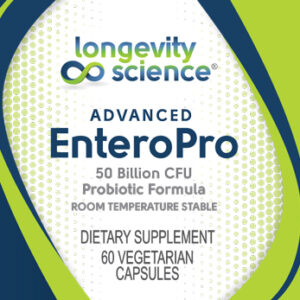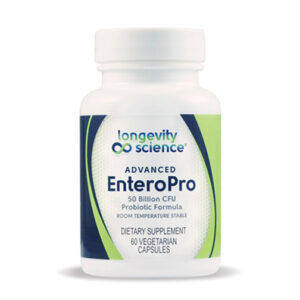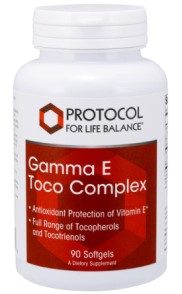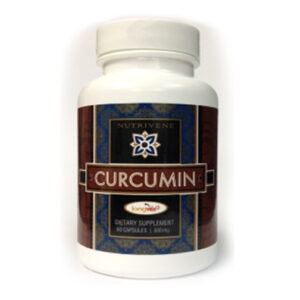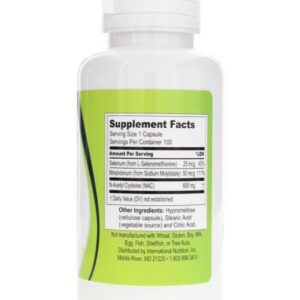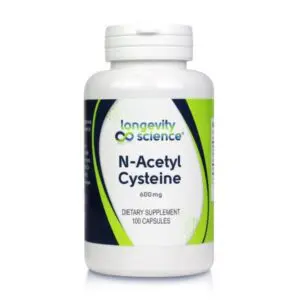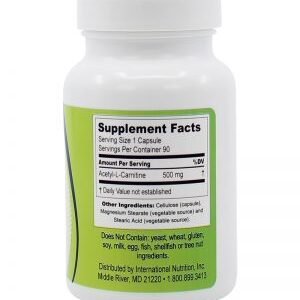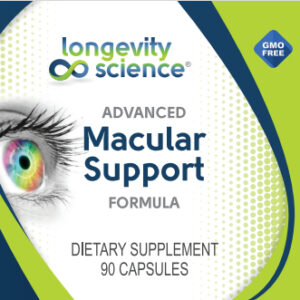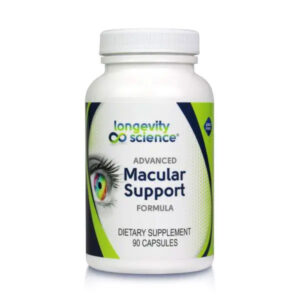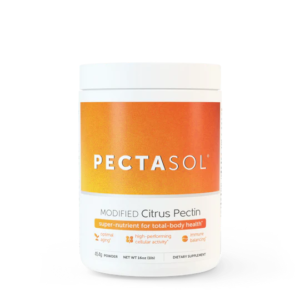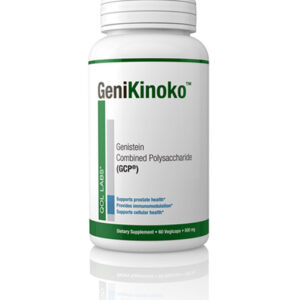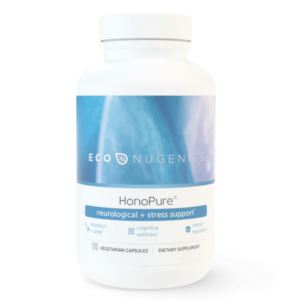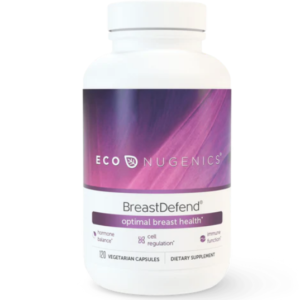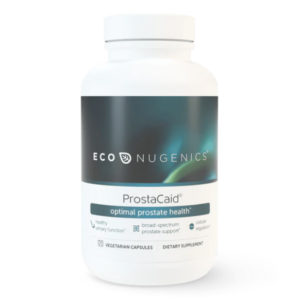Nutrivene Longvida Curcumin
Specially Formulated to Be Readily Absorbed – Superior to Generic Curcumin
Potent Anti-oxidant Promotes Brain/Cognitive Health, Joint Mobility and Reduction of Inflammation, Prostate Health and More! Nutrivene Longvida™ Optimized Curcumin is a Proprietary Formula containing the natural antioxidant Curcumin, optimized for maximum targeting into blood and tissues to keep the body operating OPTIMALLY! Longvida™ was developed over several years by a prestigous group of neuroscientists at a leading California research university. Years in Development lead to perfecting Longvida™ Curcumin, now the focus of several ongoing clinical trials. How is Nutrivene Longvida™ different from regular ’turmeric 95%’? Longvida™ addresses proper absorption: whereby ’generic’ curcumin presents well in test tube and in animals, but insignificant positive trends in clinical trials. Our Patent-pending SLCP™ Technology ensures a safe, natural composition that PROMOTES ABSORPTION INTO THE BLOODSTREAM and various organs – KEY as it is important how much curcumin is absorbed, not the amount consumed, high amounts of curcumin are no longer needed. This means it is easy on the stomach, another plus. What research is behind it? Human and in vivo data on Longvida™ includes the following results:
- Curcumin from Longvida™ penetrates the bloodstream and the brain, and is one of the first to reach target concentrations in the body.*
- Longvida™ may significantly support cognition, memory, and general health.*
- Longvida™ reaches plasma at least 65 times better than generic curcumin.*
What health conditions can Longvida™ be used for? Curcumin has been studied for various health applications, including the promotion of longevity and Cognitive health. As of June 2009, more than 2800 publications on curcumin were available through the NIH medical database and in ongoing human trials. Many have reported that Longvida™ may help promote Joint Health and flexibility, and help to Modulate Inflammatory Responses already within the normal range. Curcumin is also a Potent Antioxidant and is used in skin products as an anti-microbial and healing agent. Universities and medical centers are looking at Longvida™ for a variety of areas that curcumin has shown beneficial effects. Data in clinical/preclinical trials at a leading California research university, and other laboratories and medical centers strongly supports Longvida’s safety and potential for effectiveness for supporting general and specific health areas listed above. How Safe is the Curcumin found in Longvida? ™ 100% natural, generally recognized as safe (GRAS) food additive, and has been used in traditional medicine and food for thousands of years. In clinical studies, curcumin showed a positive safety profile at doses of 8-12 grams (8,000-12,000 milligrams) per day.(7,22) Longvida™ is reported to have an excellent safety profile, and showed no acute high-dose toxicity at the highest dose tested, a dose equivalent to 1000 times the recommended dose. Is Longvida okay for people with dietary restrictions? Longvida™ contains all ingredients found in our food chain, contains No Animal products, and is Gluten-Free. Longvida™ may contain ingredients made from soy. Consult your Health Care Practitioner if taking chemotherapy or blood thinners and anti-imflammatory agents as Curcumin may enhance these. What is the recommended dose? The recommended dose is 1-2 capsules per day, or as directed by a healthcare professional. Two capsules of Nutrivene Longvida Curcumin contain 1000 mg Longvida RD Optimized Curcumin (from curcumin longa). Other Ingredients: Plant derived cellulose (capsule), soy lecithin, stearic acid (from vegetable), dextrin, ascorbyl palmitate (vitamin c), and silicon dioxide. May also contain microcrystalline cellulose. Longvida is made using no 1,2 dichlorethane (ethylene dichloride, or EDC), and is natural high-curcumin turmeric extract perfected in India. The curcumin found in Longvida™ is a 100% natural, generally recognized as safe (GRAS) food additive, and has been used in traditional practices and food for thousands of years. Longvida™ contains no piperine, a glucuronidation inhibitor that may enhance the bioavailability of both nutrients as well as potential toxins. Longvida also contains no unstable volatile oils from turmeric root. Further, Longvida™ is not processed in a way that may create new molecules or chemical bonds which are foreign to the food chain or our bodies. Longvida is a trademark of Verdure Sciences, Inc.
(International Patent Pending (International App No. PCT/US2007/005829). References 1. Aggarwal BB, Bhatt ID, Ichikawa H, Ahn KS, Sethi G, Sandur SK, et al. Turmeric: the genus Curcuma. Taylor and Francis Group; 2006. p. 297–368. 2. Aggarwal S, Ichikawa H, Takada Y, Sandur SK, Shishodia S, Aggarwal BB. Mol Pharmacol 2006;69:195–206. 3. Baum L. et al. Letter in Journal of Clinical Psychopharmacology Volume 28, Number 1, February 2008 pp110-112. 4. Began G, Sudharshan E, Appu Rao AG. Lipids 1998;33:1223–8. 5. Begum AN, Jones MR, Lim GP, Morihara T, Kim P, Heath DD, Rock CL, Pruitt MA, Yang F, Hudspeth B, Hu S, Faull KF, Teter B, Cole GM, Frautschy SA. J Pharmacol Exp Ther. 2008 Jul;326(1):196-208. 6. Bundy R, Walker AF, Middleton RW, Booth J. J Altern Complement Med 2004;10:1015–8. 7. Cheng AL, Hsu CH, Lin JK, et al. Anticancer Res. 2001;21:2895-2900. 8. Cho JW, Lee KS, Kim CW. Int J Mol Med 2007;19:469–74. 9. Conteas CN, Panossian AM, Tran TT, Singh HM. Dig Dis Sci. 2008 Dec 3. 10. Cruz-Correa M, Shoskes DA, Sanchez P, Zhao R, Hylind LM, Wexner SD, et al. Clin Gastroenterol Hepatol 2006;4:1035–8 11. Deodhar SD, Sethi R, Srimal RC. Indian J Med Res 1980;71:632–4. 12. Dhillon N, Aggarwal BB, Newman RA, Wolff RA, Kunnumakkara AB, Abbruzzese JL, Ng CS, Badmaev V, Kurzrock R. Clin Cancer Res. 2008 Jul 15;14(14):4491-9. 13. Frautschy, SF. 38th Annual Meeting of the Society of Neuroscience , Washington DC, November 15, 2008. 14. Ganguli M, Chandra V, Kamboh MI, Johnston JM, Dodge HH, Thelma BK, Juyal RC, Pandav R, Belle SH, DeKosky ST. Arch Neurol. 2000 Jun;57(6):824-30. 15. Garcea G, Berry DP, Jones DJ, Singh R, Dennison AR, Farmer PB, et al. Cancer Epidemiol Biomarkers Prev 2005;14:120–5. 16. Goel A, Kunnumakkara AB, Aggarwal BB. Biochem Pharmacol. 2008 Feb 15;75(4):787-809. Epub 2007 Aug 19. 17. Gota VS, Maru GB, Soni TG, Gandhi TR, Kochar N, Agarwal MG. J Ag Food Chem Submitted 2009. 18. Hanai H, Iida T, Takeuchi K, Watanabe F, Maruyama Y, Andoh A, et al. Clin Gastroenterol Hepatol 2006;4:1502–6 19. Holt PR, Katz S, Kirshoff R. Dig Dis Sci 2005;50:2191–3. 20. Lal B, Kapoor AK, Agrawal PK, Asthana OP, Srimal RC. Phytother Res. 2000;14:443-447. 21. Lal B, Kapoor AK, Asthana OP, Agrawal PK, Prasad R, Kumar P, et al. Phytother Res 1999;13:318–22. 22. Lao CD, Ruffin MT, Normolle D, Heath DD, Murray SI, Bailey JM, et al. BMC Complement Altern Med 2006;6:10. 23. Ng TP, Chiam PC, Lee T, Chua HC, Lim L, Kua EH. Am J Epidemiol 2006;164:898–906. 24. Ono et al. J Neurosci Res. 2004 Mar 15;75(6):742-50. 25. Satoskar RR, Shah SJ, Shenoy SG. Int J Clin Pharmacol Ther Toxicol 1986;24:651–4. 26. Sharma RA, McLelland HR, Hill KA, Ireson CR, Euden SA, Manson MM, et al. Clin Cancer Res 2001;7:1894–900. 27. Shishodia S, Singh T, Chaturvedi MM. Adv Exp Med Biol 2007;595:127–48. 28. Shoskes D, Lapierre C, Cruz-Correa M, Muruve N, Rosario R, Fromkin B, et al. Transplantation 2005;80:1556–9 29. Skrzypczak-Jankun E, Zhou K, McCabe NP, Selman SH, Jankun J. Int J Mol Med 2003;12:17–24. 30. Soni KB, Kuttan R. Indian J Physiol Pharmacol 1992;36:273–5. 31. Yang F, Lim GP, Begum AN, Ubeda OJ, Simmons MR, Ambegaokar SS, et al. J Biol Chem 2005;280:5892–901.)
*These statements have not been evaluated by the Food & Drug Administration. This product is not intended to diagnose, treat, cure, or prevent any disease. 60 Capsules Per Bottle, 500 mg. ea.


